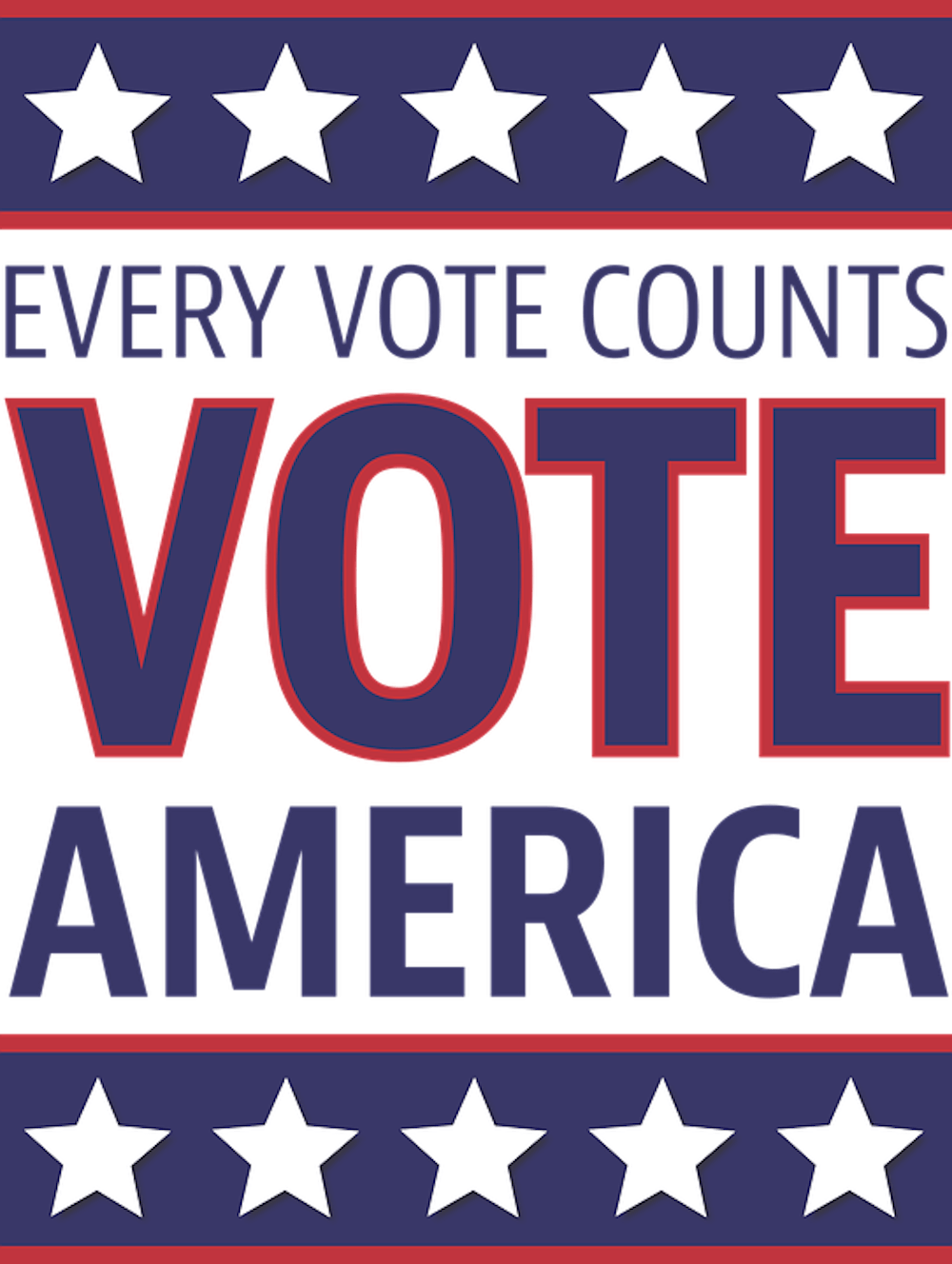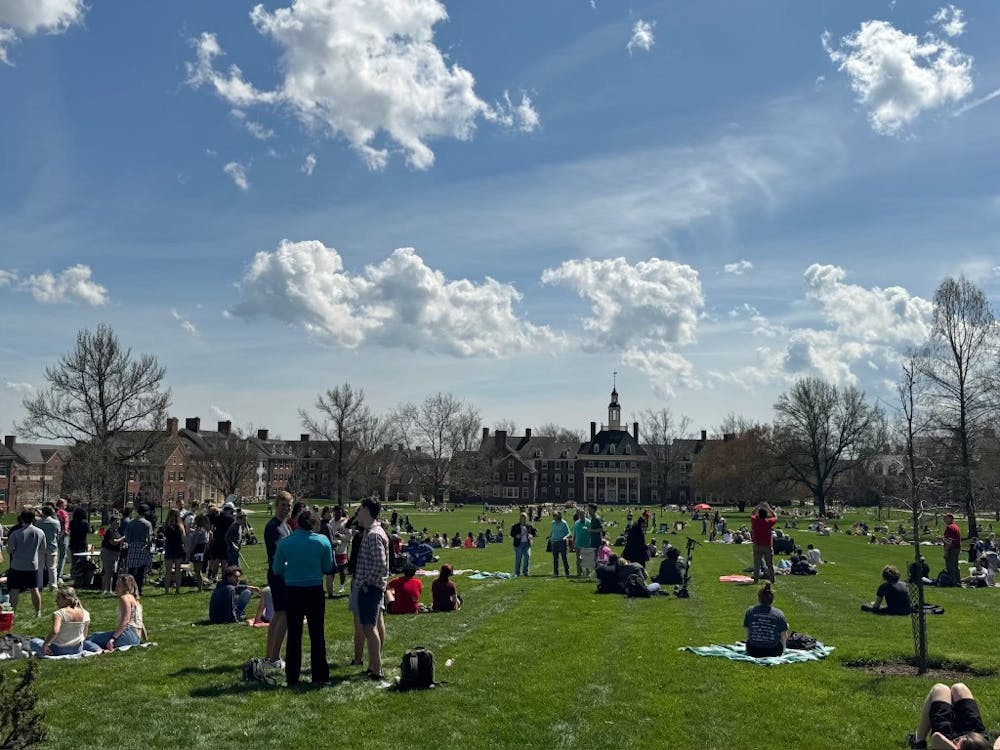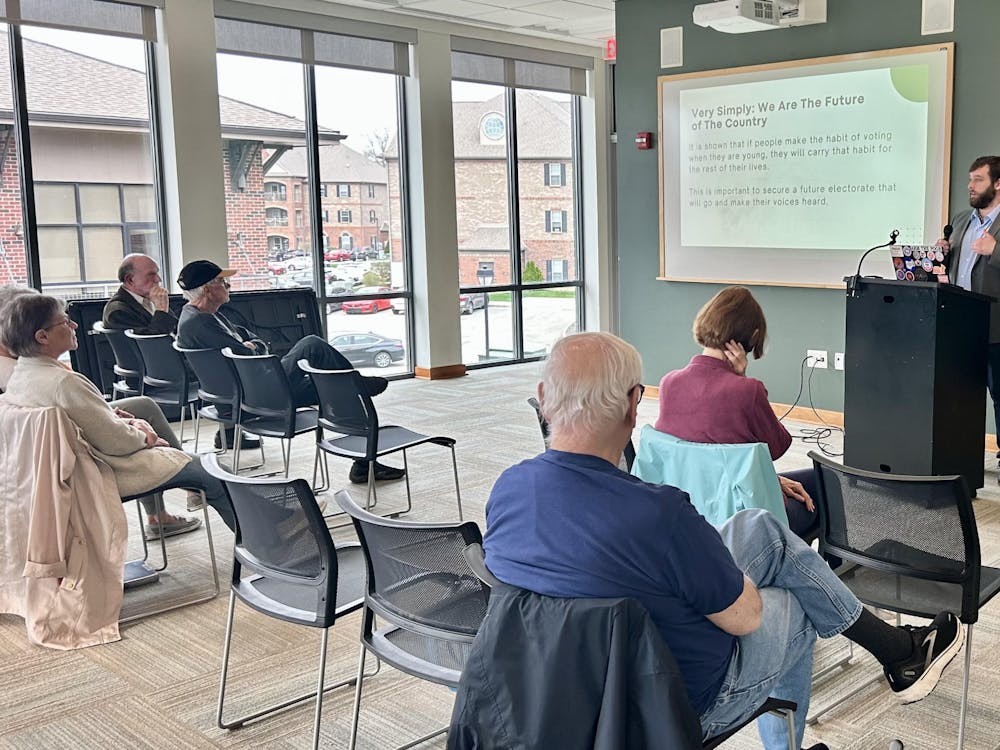By Angela Hatcher, Jack Evans, The Miami Student
At the Republican National Convention (RNC) in late July, Senator Ted Cruz said, "Stand and speak and vote your conscience."
In what became a controversial and infamous non-endorsement of presidential candidate Donald Trump, Cruz implored citizens to vote based on ideals and principle, not political expediency.
Last Friday, The Miami Student published a staff editorial condemning Trump, highlighting numerous inconsistencies in his campaign rhetoric and perceived moral failings throughout his career as a businessman. But the editorial left potentially the biggest political question of 2016 hanging in the air: What about Hillary Clinton?
By neglecting to acknowledge any of the political and public failures of the 'donkey' in the room, the editorial board implied that Hillary Clinton is the more palatable candidate -- the lesser of two evils.
The U.S. presidential election should not be a matter of picking your poison.
So, why is this election, like so many others before it, limited to candidates A and B? Both Clinton and Trump have historically, abysmally low approval ratings. 56 percent of Americans find Clinton unfavorable and 63 percent find Trump unfavorable, according to recent Washington Post-ABC News polls. If the majority of Americans can't stand either of these people, why are they the only candidates left standing?
Against the wishes of many of our founding fathers, our current political climate revolves around a two-party system. These organizations and their non- and for-profit allies raise and distribute hundreds of millions of dollars to push candidates into seats and influence public opinion.
The argument of "Vote for Candidate A because you can't stand Candidate B" is the latest and most potent weapon of the Democratic and Republican establishments this election season. Playing off the public's disdain for both these candidates, they market their own undesirable as the silver bullet to the other.
But we should not vote against people in this country, we should vote for them.
In this sense, we want to urge you to do something that the editorial board did not encourage you to do: vote your conscience.
There is an outstanding notion in this country that if you cast a vote in the general election for a third party candidate, you are throwing away your vote and your ability to make a difference in the future of this country. Indeed, the general election is skewed in favor of the two-party system, but if you don't support either candidate of the two big parties, don't vote for them.
Enjoy what you're reading?
Signup for our newsletter
The fact that Jill Stein and Gary Johnson are third-party candidates should not deter you from voting for them in the general election. If you truly believe in their campaign and their principles, support their policies and wish to see them hold a seat in office, vote for them.
It is crucial that, come November, you vote for the candidate you believe in -- for who you think will be the best 45th president of the United States of America; someone who can lead this country, and most importantly, someone who embodies your ideals. And, if you can't, in good conscience, bring yourself to vote for any of the candidates, then actively choose not to vote at all.
In a time where so much of the political landscape revolves around the interests of corporations, pursuing big party political agendas, and polarizing rhetoric that has taken over our political landscape, we need to return to ideals. We need to demand a president whose policies are dictated not by money and lust for power, but by principle.
The number two candidates on both sides -- Sen. Ted Cruz and Sen. Bernie Sanders, while diametrically opposed in terms of policy -- were political outsiders and thrived in this election. They built their respective campaigns on the pursuit of a greater nation built on principles. Their success indicates that the American people is ready to leave the lethargic two-party establishment behind.
To be clear, compromise and negotiation has an important place in the architecture of democracy. "My way or the highway" is not any way to run a country, but we must not walk into the governing process with our hopes for this nation already constrained by what politicians tell is and is not possible for our society. If we do this, we have conceded our ideals.
If we refuse to dream of a greater country for all people, and we cease to actively seek out that place with our minds and voices and our votes, then what is the point of voting at all?
evansjm4@miamioh.edu
hatcheam@miamioh.edu




